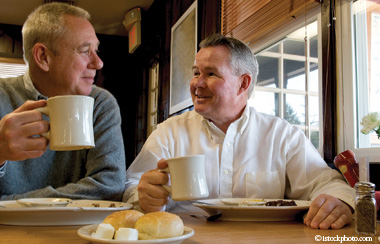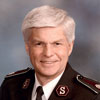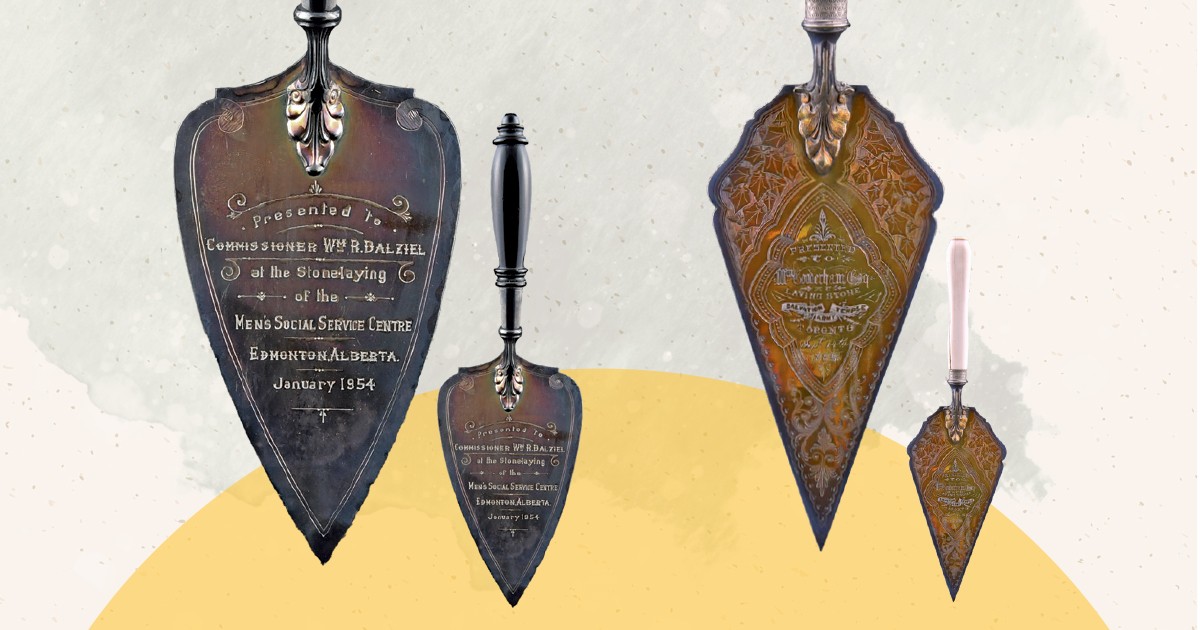 Three Cups of Tea has been a bestseller since its release in 2007. The book chronicles how mountain climber and author Greg Mortenson, having been rescued by Himalayan villagers after failing to climb K2 mountain in Pakistan, worked to build schools that have since educated a generation. The government of Pakistan conferred on him the Sitara-e-Pakistan, the country's highest civilian award.
Three Cups of Tea has been a bestseller since its release in 2007. The book chronicles how mountain climber and author Greg Mortenson, having been rescued by Himalayan villagers after failing to climb K2 mountain in Pakistan, worked to build schools that have since educated a generation. The government of Pakistan conferred on him the Sitara-e-Pakistan, the country's highest civilian award.
Through his struggle to understand and gain the trust of the people in this isolated area, Mortenson discovered a principle that changed his life forever. He learned that you cannot simply do something for others. He came to the startling conclusion that tea was the community's primary means of accomplishing any task. Mortenson learned this unexpected lesson from one of the village chiefs, who explained: “Here we drink three cups of tea to do business; the first you are a stranger, the second you become a friend, and the third, you join our family, and for our family we are prepared to do anything—even die.”
With the help of generous financial supporters, Mortenson and his team have established over 80 schools in the rural areas of Pakistan and Afghanistan. Their success is so extraordinary that the book is now required reading for military commanders, Pentagon officers in counter-insurgency training, and special forces deploying to Afghanistan. It is required reading, not because of the schools constructed, but because of the essential principles of relationship building and community.
In reflecting on how these principles relate to the Church, and specifically to The Salvation Army, I suggest that we also require three cups of tea to build relationships and community.
First Cup of Tea
“For I was hungry and you gave me something to eat, I was thirsty and you gave me something to drink, I was a stranger and you invited me in, I needed clothes and you clothed me, I was sick and you looked after me, I was in prison and you came to visit me” (Matthew 25:35-36).
It all begins by taking the first step, the first “cup of tea.” In the words of Lt-Colonel Lyell Rader, who sagely advised this writer when I was a young Salvation Army lieutenant, “You must win a friend before you win a soul.” Simple, yet profound. Strangers are all potential friends. Once we take the first “cup of tea” together, the foundation is laid for continued openness and receptivity, which naturally leads to the “second cup”—friendship.
Second Cup of Tea
“One who has unreliable friends soon comes to ruin, but there is a friend who sticks closer than a brother” (Proverbs 18:24).
Friendship is essential to building community. Everyone needs friends. A friend is someone with whom we can share the wonderful and meaningful experiences of life, as well as the sad and painful times. Jesus is our special friend and we would be lost without this intimate, life-sustaining bond. We also need friends for daily living. Friendship requires a give and take, and often means “letting others off the hook.” Developing good friendships takes time. Taking an extended “second cup” of friendship reaps great benefits for all.
Third Cup of Tea
“God sets the lonely in families” (Psalm 68:6).
In all human experience, there is nothing quite like family. While family by blood is basic and important, our extended Church family—the family of God—is also essential for personal growth and community development. The third “cup of tea” brings healthy closeness and familiarity.
The crowded, noisy streets of a community are filled with those who feel isolated and lonely. The greatest gift we can give to others is acceptance, to love them for who they are—God's unique creation.
Three “cups of tea” should be savoured and enjoyed each day. Invite someone to have a cup with you today. It may turn into a life-changing experience for you and your new friend.
 Commissioner William W. Francis is the Territorial Commander of The Salvation Army Canada and Bermuda Territory. His wife, Commissioner Marilyn Francis, is the Territorial President for Women's Ministries. Commissioners Francis have two adult children, Captain William Marshall and Susan Marjorie, plus six grandchildren.
Commissioner William W. Francis is the Territorial Commander of The Salvation Army Canada and Bermuda Territory. His wife, Commissioner Marilyn Francis, is the Territorial President for Women's Ministries. Commissioners Francis have two adult children, Captain William Marshall and Susan Marjorie, plus six grandchildren.









Leave a Comment